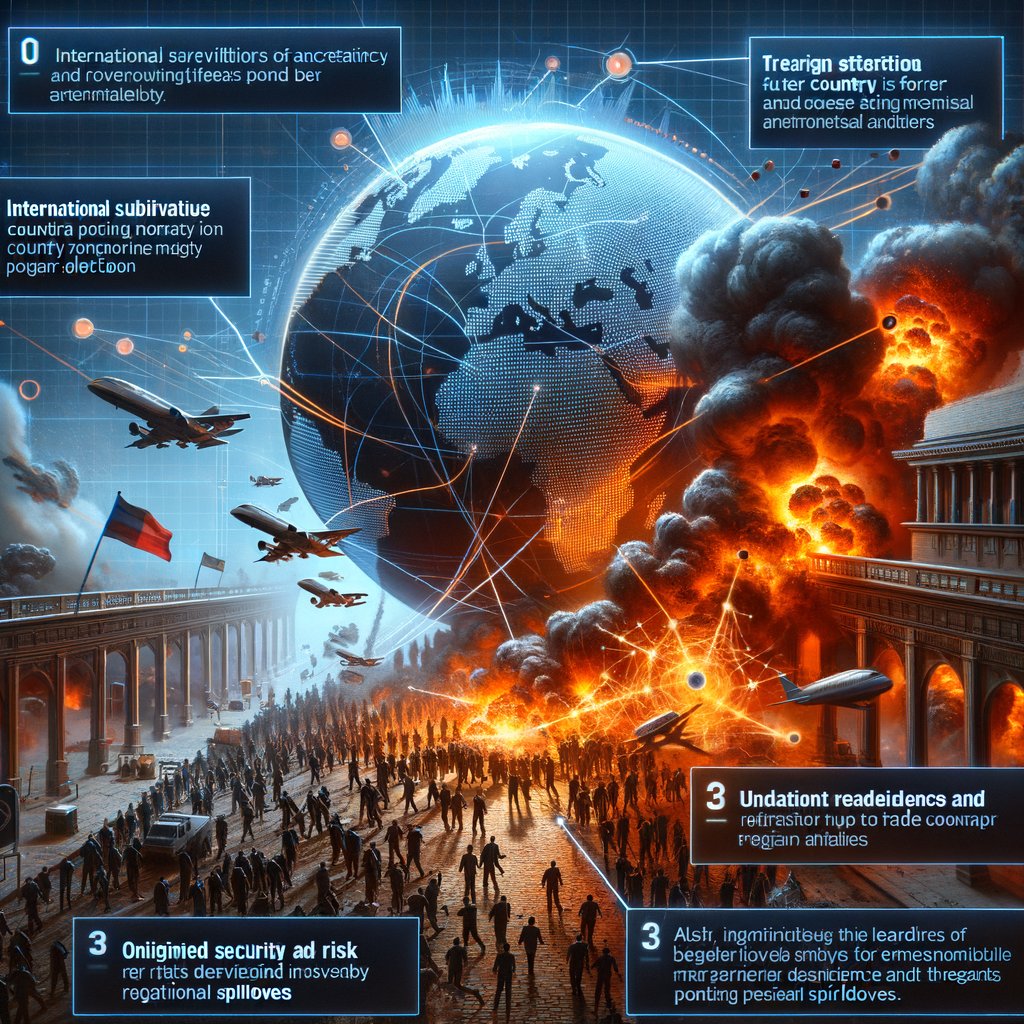Image created by AI
South Africa’s Role in Mozambique’s Political Tumult: Alignment or Intervention?
As Mozambique faces escalating unrest following its recent election, the role of South Africa has come under scrutiny. Allegations of siding with Mozambique’s ruling party, Frelimo, have sparked debates on South Africa's foreign policy integrity and its commitment to non-alignment.
In December, violent protests erupted in Mozambique after the Constitutional Court upheld the election results, affirming Frelimo leader Daniel Chapo as president. The unrest has led to 125 deaths and a significant prison break, heightening tension in the region.
In response, President Cyril Ramaphosa dispatched South Africa’s national security advisor, Professor Sydney Mufamadi, to engage with Mozambican leaders. Additionally, the South African National Joint Operational and Intelligence Structure (NatJoints) intensified border operations to manage potential spillovers.
Professor Andre Duvenhage from North West University expressed concerns over South Africa’s foreign policy, suggesting a possible bias towards Frelimo due to historical ties among Southern African liberation movements. He warned of adverse impacts on regional stability and potential economic repercussions, highlighting increased migration into South Africa as a pressing issue.
The ANC's backing of Mozambique's Constitutional Court ruling raises further doubts about South Africa's impartiality in regional conflicts. Despite assertions from officials like International Relations and Cooperation Minister Ronald Lamola, who dismissed claims of South Africa protecting Frelimo, skepticism persists regarding the consistency of South Africa's foreign policies.
Duvenhage criticized South Africa for its ambiguous stance in international disputes, referencing its relationships with both Israel and Hamas, and Russia and Ukraine. This inconsistency threatens the perception of South Africa as a neutral party in regional conflicts.
Trade relations between South Africa and Mozambique, which have been robust for over a decade, are now at risk, exacerbating social and economic tensions. The ongoing instability in Mozambique poses a direct threat to these ties and could potentially destabilize the broader Southern African region.
Professor Christopher Isike from the University of Pretoria acknowledged South Africa's leadership role in addressing the crisis. He referenced South Africa's previous interventions in Mozambique, particularly during the Cabo Delgado conflict, and called for more decisive actions to prevent escalation.
The unfolding situation in Mozambique serves as a critical test of South Africa's foreign policy and its ability to manage conflicts within its sphere of influence. As tensions mount, the international community and regional stakeholders are watching closely to see how South Africa navigates this complex political landscape.










